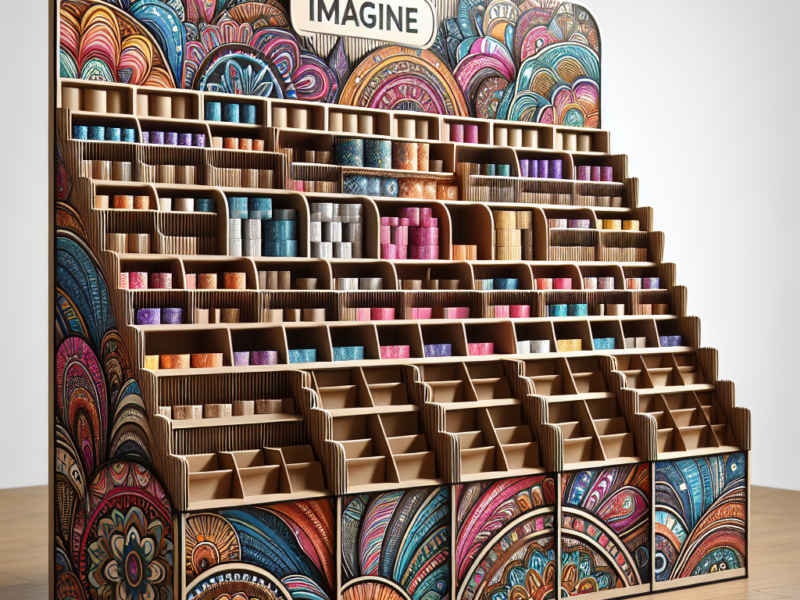In an era where eco-consciousness is on the rise, Point of Sale (POS) producers are stepping up to the challenge of reducing their environmental impact. By implementing sustainable practices, these producers are demonstrating their commitment to not only fulfilling consumer demand but also ensuring the longevity of our planet’s resources. The advancements in sustainable POS production are not only a boon for the environment but also offer substantial benefits for businesses seeking eco-friendly service solutions.
Embracing Eco-Friendly Materials
The use of sustainable materials is a fundamental step that POS producers are taking to minimize their ecological footprint. By replacing conventional plastics and papers with biodegradable or recycled options, the industry is witnessing a significant reduction in waste. Biocomposites, bamboo, and recycled PET plastics are just a few examples of the innovative materials being adopted. Such materials have proven to be just as durable and reliable as their less sustainable counterparts, ensuring no compromise on the quality of the POS output.
Energy-Efficient Production Methods
Revisiting production methodologies has led producent pos to discover new ways of saving energy. From using LED lights in factories to optimizing machinery for better energy consumption, producers are scrutinizing every aspect of their process to reduce carbon emissions. Moreover, investments in renewable energy sources such as solar or wind power signal a long-term commitment to sustainability. This not only benefits the environment but also translates to cost savings that can be passed on to clients.
Solution-Oriented Packaging and Distribution
POS producers are rethinking packaging strategies, moving away from excess use of plastics and non-recyclable materials. By doing so, they are ensuring that the materials reaching their clients are designed for minimal environmental impact. Opting for compact designs and recycled packaging materials reduces the carbon footprint associated with transporting these items. Furthermore, efficient logistics planning contributes to lower emissions by optimizing delivery routes and minimizing the number of trips required.
Incorporating Lifecycle Management
A pivotal aspect of sustainable POS production is considering the lifecycle of the products. Producers are focusing on the end-of-life stage by designing POS materials that can be easily disassembled and recycled. By facilitating the recycling process, they ensure that the materials can be reclaimed and repurposed, thereby extending the lifecycle of the raw materials used. This approach not only conserves resources but also upholds the principles of a circular economy.
Green Certifications and Compliance
To validate their sustainable practices, POS producers often seek out environmental certifications such as the Forest Stewardship Council (FSC) for paper products or Energy Star ratings for electronic devices. These recognitions assure clients that the products they’re using meet stringent environmental standards. Moreover, compliance with regulations like the European Union’s Restriction of Hazardous Substances (RoHS) directive is a testament to their dedication to eco-friendly production.
Transparency and Reporting
Clients are increasingly interested in the sustainability efforts of their service providers. In response, POS producers are being more transparent about their practices by offering detailed sustainability reports. These reports allow clients to make informed decisions regarding their acquisitions and to align with service providers that share their values on environmental responsibility.
Partnering for a Greener Future
Collaboration with environmental organizations and other companies can lead to innovative sustainability solutions. POS producers are joining forces with partners across industries to push the boundaries of what’s possible within eco-friendly production. Such partnerships often result in breakthroughs that benefit not just the POS industry but the environment as a whole.
In conclusion, as retail landscapes evolve, so too must the practices of leading producent pos. The integration of sustainable methods into POS production is a testament to the industry’s ability to adapt and innovate, ensuring that their environmental impact is continually reduced. By adopting these sustainable practices, POS producers are able to offer their clients not only environmentally responsible options but also the efficiency and cost-effectiveness that are paramount in today’s competitive marketplace.




